We look at the latest results from the data.govt.nz community feedback survey, to find out what works for you, what doesn't, and how we can improve the experience of using data.govt.nz.
The Open Data NZ team is releasing two updates: one looking back over the last six months, and one looking at the next six.
Register for a free public lecture by international algorithm ethics expert Lorena Jaume-Palasi (5 December, Auckland), co-sponsored by Stats NZ and AUT's Centre for Social Data Analytics.
New videos by Stats NZ brings panellists together to examine and debate Māori perspectives about the way we collect, share, and use data.

Datability - Stats NZ's quarterly newsletter on the work being done to help government better manage data - is now available.

Stats NZ's data dashboard for Q1 2018/19 provides the latest snapshot of how their work across government supports their vision of enabling better outcomes for New Zealanders.
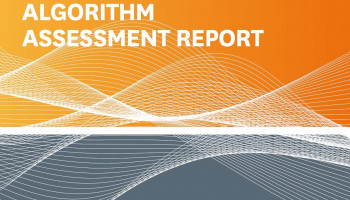
A first-of-its-kind report provides valuable insights into the use of algorithms in government agencies.
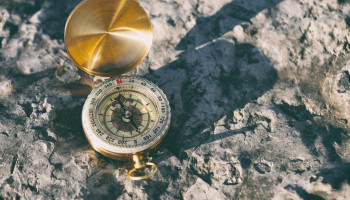
The Data Strategy and Roadmap provides a shared direction and plan for New Zealand’s data by enabling organisations to work together to align their data initiatives.

Organisations have different requirements for protecting data confidentiality, privacy, and security. A newly-released report documents best practice principles for technical experts and managers who supply and use data in New Zealand.
1975. The Corolla ruled, mix tapes were a ‘thing’ and the Stats Act became law. How things change! Actually… the legislation hardly has. It doesn’t even feature the word ‘data’. Far-out!
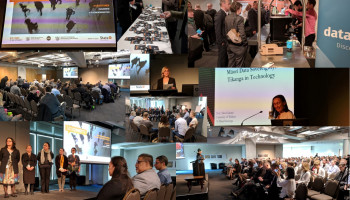
More than 250 data warriors, policy peeps, and those from across government, NGOs, business, and academia who want to know more about data, gathered in Wellington to talk data ethics.
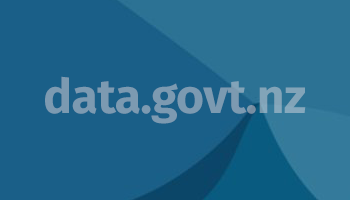
Our open data maturity dashboard aims to show progress in the final output of open data and tell the story of a growing maturity in the overall stewardship of New Zealand’s public data assets.
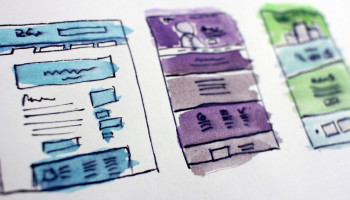
After 10 years dedicated service, data.govt.nz is undergoing a transformation to ensure it’s got the right resources to build data management know-how as New Zealand heads into its digital future.

Help improve data.govt.nz by taking the 2018 community feedback survey.

Data.govt.nz is changing and updating our navigation to help you find things easier. Read about what we found from our user research.

Data.govt.nz is rolling out new features to make the data APIs faster and more reliable.
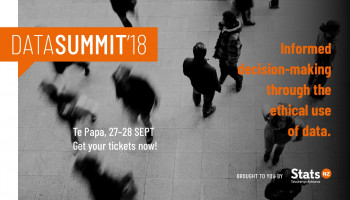
For the first time, Stats NZ will host a 2-day summit on informed decision-making through the ethical use of data.
As the agency leading New Zealand’s data, Stats NZ’s quarterly dashboard profiles what we’re doing to support our role as the lead agency for New Zealand’s data.
A cross-government review is underway to increase the transparency and accountability of how government uses algorithms – to help improve the lives of New Zealanders.
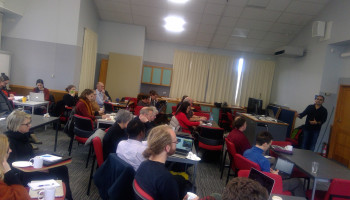
Stats NZ hosted a series of 2-day Data Visualization workshops – in conjunction with the recent Open Data Meetups – in Auckland, Christchurch, Wellington and Dunedin.

Thanks to everyone who participated in the card sort. Three design options have been created based on your feedback, and now we need you to test to determine the final structure.

The Open Government Data Dashboard shows progress in the maturity of management and release of data across government.

Data.govt.nz is being reshaped to make it more useful – and we’d like your input.

Open Data Meetups in NZ are for sharing the passion and success around the release of open data with like-minded people.
Read about the work involved to make a machine readable version of the Family Services Directory available on data.govt.nz and how it's being used to power other digital services.

Stats NZ and members of the open data community celebrated open data day by witnessing the Minister of Statistics and Government Chief Data Steward co-sign New Zealand’s Open Data Charter letter.
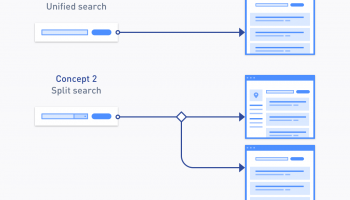
We tested two concepts with a number of our users from the data community to extend the search so it includes results from both datasets and content. Read about our process and provide your feedback.